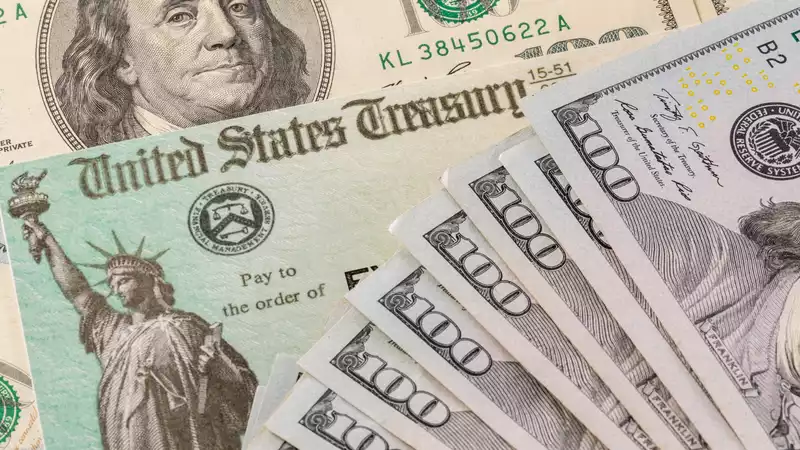In the first round of stimulus checks, which were disbursed under the CARES Act, the Internal Revenue Service mistakenly withheld payments from those who were behind on their spousal support payments and used the funds to pay the latter debt.
To correct this error, the government will issue a batch of "catch-up" checks to individuals who filed Form 8379 (Injured Spouse Allocation) with their 2019 or 2018 tax returns.
Eligible spouses do not need to do anything further as the IRS will automatically make the payment this fall, regardless of whether or not Form 8379 is filed. However, you can check the status of your stimulus benefits (both the first $1,200 and additional benefits) on the IRS Get My Payment tool.
This is not the first time the federal government has made additional payments under the CARES Act; the IRS is also in the process of sending checks for $500 to taxpayers who did not receive the dependent benefits they claimed. Parents who missed out on receiving these benefits but believe they are eligible for them may claim them between now and September 30 using the Unclaimed Dependent Tool.
Unfortunately, stimulus check 2 is still pending. After weeks of negotiations, lawmakers and White House officials have been unable to reach agreement on a second bailout package and have no plans to return to the table.
The formal proposals from both chambers include a $1,200 check for Americans who qualify under the CARES Act and expanded benefits for adult dependents. However, neither bill has gained momentum in the other chamber due to disagreements over supplemental unemployment benefits and assistance to state governments.
A third Senate Republican proposal would slightly lower the next stimulus payment to $1,000 per person (but including dependents) and lower the eligibility cap.
Meanwhile, groups in both the House and Senate have introduced "skinny" bills that would extend unemployment benefits but would not include a second direct payment. These bills would remove the biggest obstacle to passage of the stimulus bill, but the leadership in both houses has not supported them.










Comments